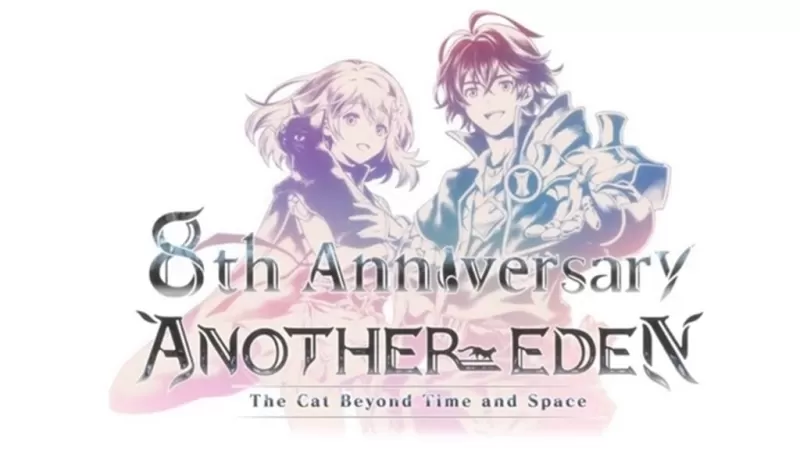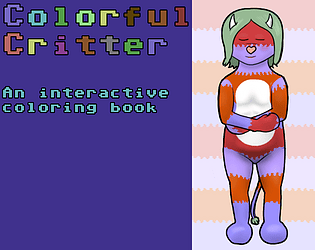Charli XCX's Viral Apple Dance Creator Sues Roblox Over Unauthorized Use in Game
Kelley Heyer, a prominent TikTok influencer renowned for creating the viral "Apple Dance" to Charli XCX's song "Apple," has filed a lawsuit against Roblox. Heyer alleges that Roblox incorporated her "Apple Dance" into their game without obtaining her permission and profited from it.
For those unfamiliar with the latest social media trends, the "Apple Dance" is a lively routine choreographed by Heyer and popularized on TikTok to the tune of Charli XCX's "Apple." Its widespread appeal led to it being featured in Charli XCX's tour and shared on her TikTok account.
 Given its popularity, it's no surprise that Roblox was eager to include the "Apple Dance" in a collaborative event with Charli XCX within their popular game, Dress to Impress. According to a report by Polygon, the lawsuit was filed last week in California. Heyer claims that Roblox initially approached her to license the "Apple Dance" for the event. Although she was open to licensing it—having previously done so with Fortnite and Netflix under formal agreements—she and Roblox never finalized a deal.
Given its popularity, it's no surprise that Roblox was eager to include the "Apple Dance" in a collaborative event with Charli XCX within their popular game, Dress to Impress. According to a report by Polygon, the lawsuit was filed last week in California. Heyer claims that Roblox initially approached her to license the "Apple Dance" for the event. Although she was open to licensing it—having previously done so with Fortnite and Netflix under formal agreements—she and Roblox never finalized a deal.
Heyer contends that Roblox proceeded to release the "Apple Dance" emote for sale during the event, despite ongoing negotiations and without her consent. She reports that Roblox sold over 60,000 units of the "Apple Dance" emote, generating an estimated $123,000 in sales. The lawsuit further asserts that although the emote was part of a Charli XCX-themed event, it is not tied to the song or Charli XCX, making it exclusively Heyer's intellectual property.
The lawsuit charges Roblox with copyright infringement and unjust enrichment, seeking compensation equivalent to the profits Roblox earned from the dance, along with damages for the harm caused to Heyer's brand and herself, and attorney's fees.
Update 2:15 p.m. PT: Heyer's attorney, Miki Anzai, released a statement saying, "Roblox moved forward using Kelley's IP without a signed agreement. Kelley is an independent creator who should be compensated fairly for her work and we saw no other option than to file suit to prove that. We remain willing and open to settle and hope to come to a peaceful agreement."

















![Salvation in Nightmare [v0.4.4]](https://imgs.21qcq.com/uploads/36/1719555347667e551321c26.jpg)











